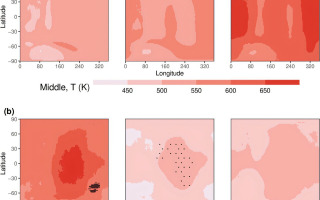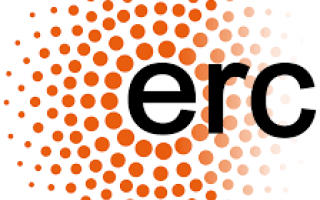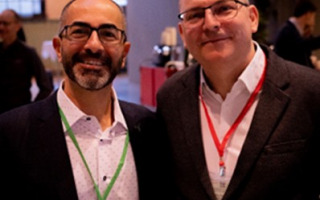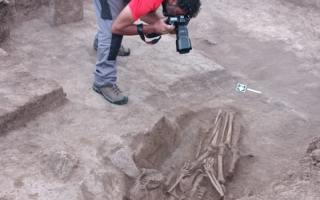What Animal Bones Reveal About Life on the Medieval Liao Frontier
In the windswept steppe of northeastern Mongolia, archaeologists have unearthed a rare window into daily life along the medieval frontier of the Liao Empire. Excavations at a remote garrison site revealed thousands of animal bones—evidence of herding, hunting, fishing, and a harsh environment—offering a ground-level view of survival far from the imperial centers recorded in history books. The findings challenge traditional accounts by illuminating the lives of soldiers and civilians who lived not in palaces, but along the empire’s long and lonely wall.

















